
EBRD Forecasts Economic Growth in European Emerging Markets Despite Global Challenges
According to EBRD’s forecast, Hungary’s Gross Domestic Product (GDP) is projected to expand by 2.2 per cent this year and by 3.5 per cent next year.

According to EBRD’s forecast, Hungary’s Gross Domestic Product (GDP) is projected to expand by 2.2 per cent this year and by 3.5 per cent next year.
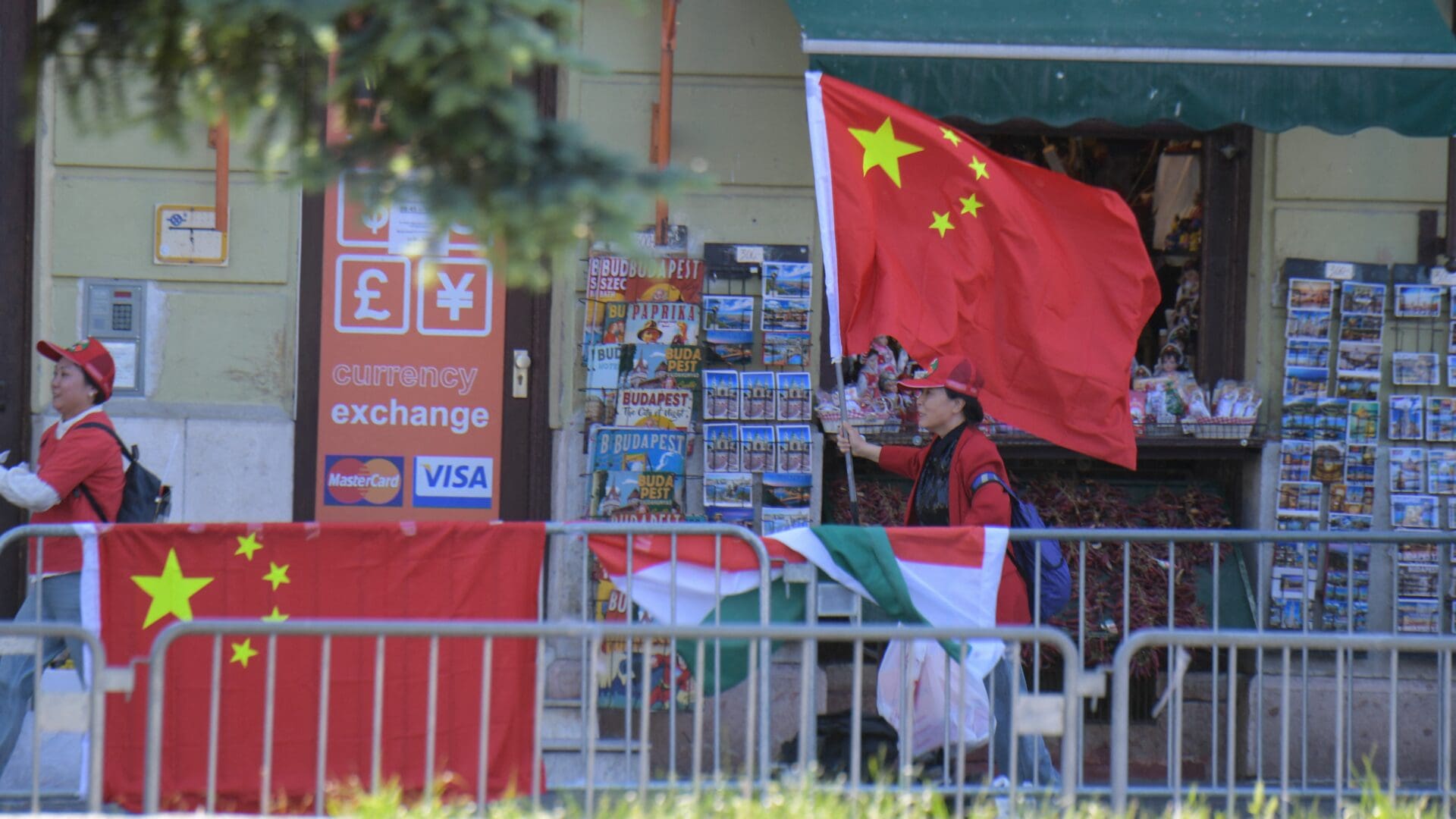
‘Hungary insists on following its own path: it stands up for its sovereignty, it defends families, its borders, and its economy. At the same time, it is open to the world, and wants to engage with all players around the globe, which includes skilfully attracting investments from the East, including Asia. But it does not want to lecture other countries; it does not want to be on bad terms with other countries, and it does not want to get into ideological debates. It wants growth, it wants security, and it wants peace.’
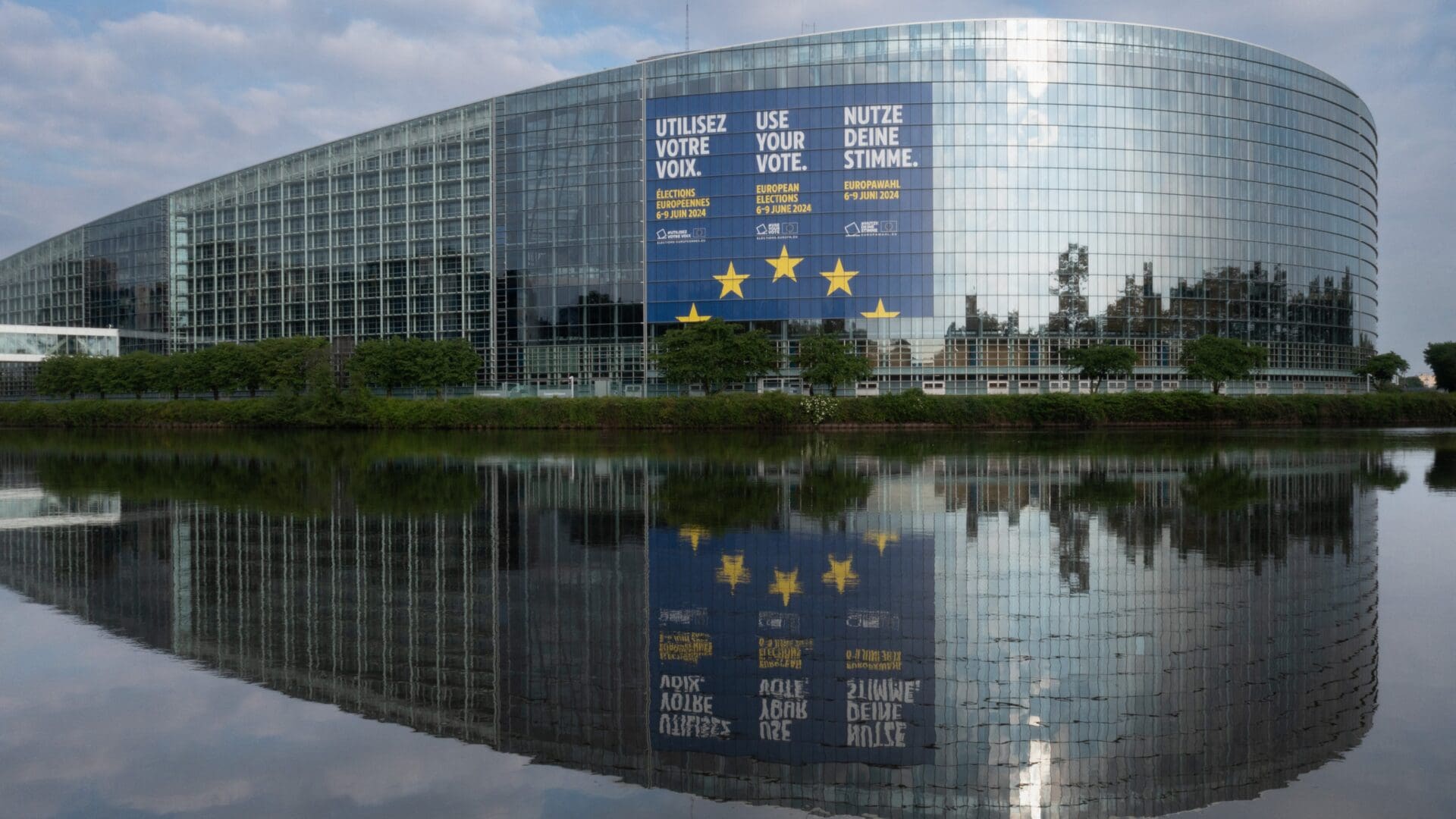
The European Parliament (EP) elections to be held from 6 to 9 June 2024 will be the tenth opportunity in the history of the integration for EU citizens to come to the polls. Whether Ursula von der Leyen remains President of the European Commission is still uncertain, with several other possible candidates emerging.
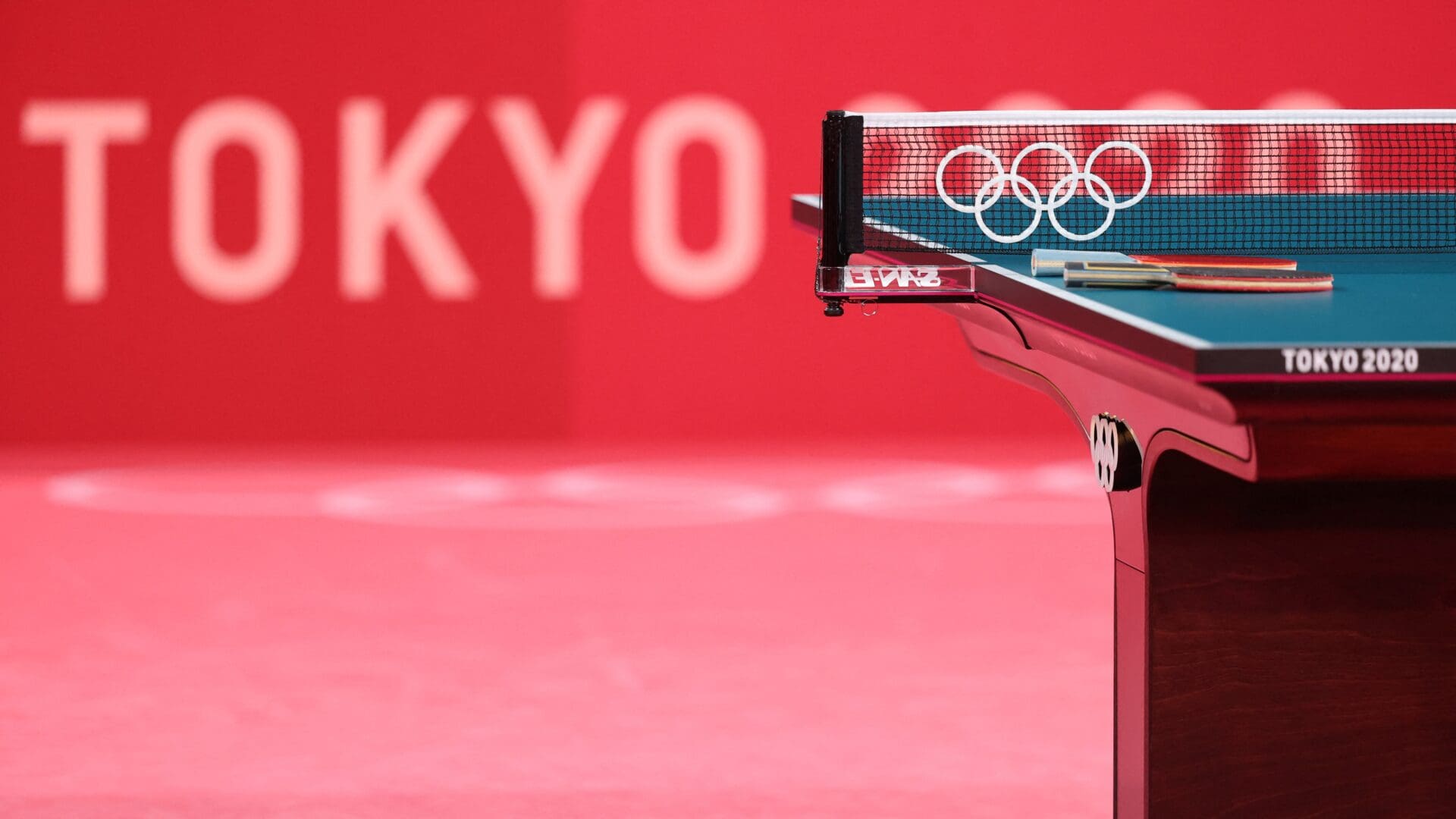
It was already known that the Hungarian duo was in a qualifying position, but the right to compete became official on Tuesday, when the International Table Tennis Federation (ITTF) published the list of quota doubles.

The survey, conducted in the April–May period, reveals that 82 per cent of the total population, or four out of every five Hungarians, consider the declaration of an immediate ceasefire to be the most appropriate course of action.

It was an initiative where expert breeding and handling on three different continents that made this incredible success possible. Cudar, the third-placed Kuvasz, was bred in Brazil, with a Hungarian heart. Now living in America, it came back to Europe to demonstrate to the world the beauty, values and power of this incredible Hungarian breed.
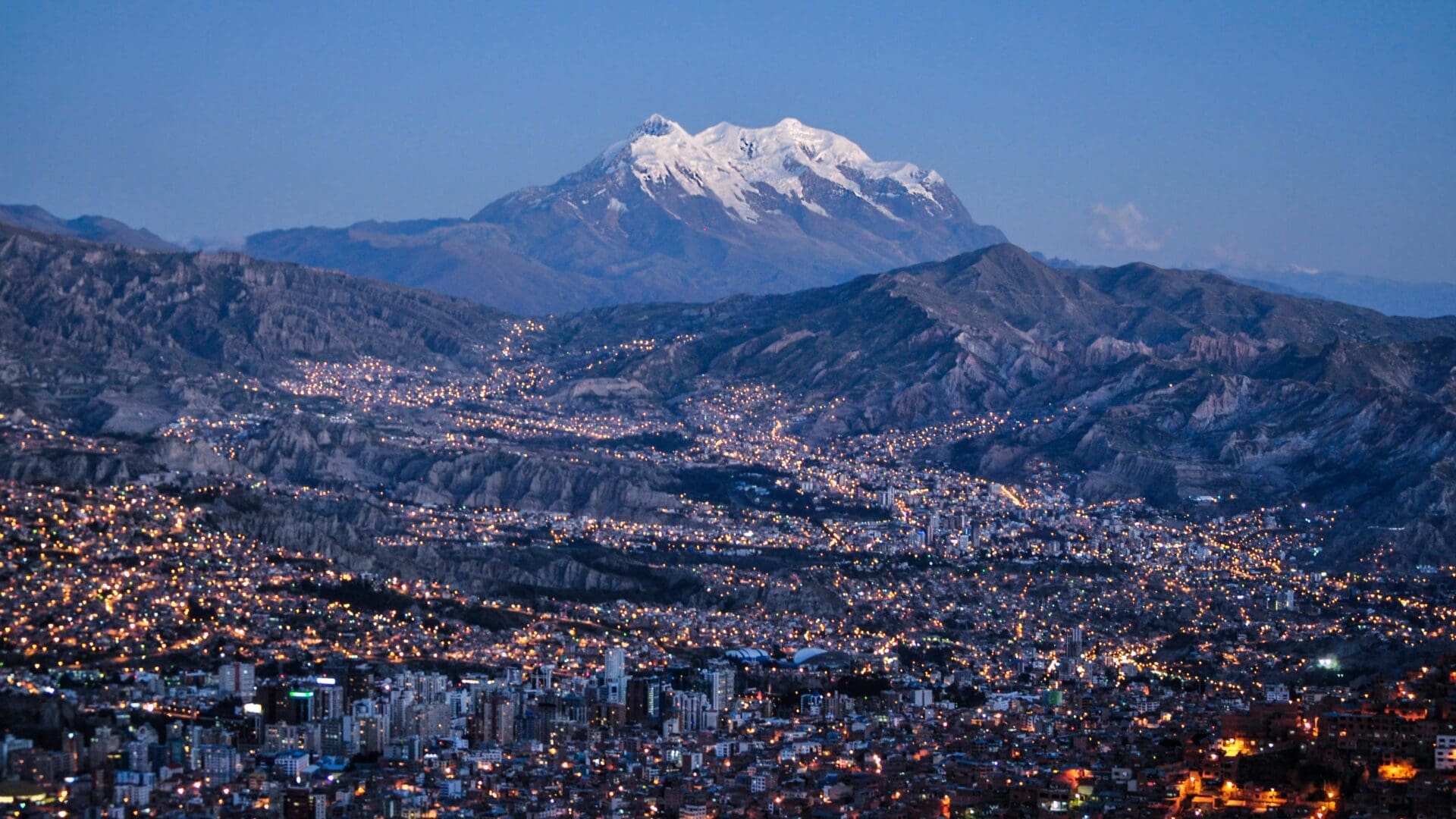
Refugee groups started trickling in after the catastrophic defeat of the Austro–Hungarian empire in the First World War and the dismembering of the historical Hungarian Kingdom, resulting in the loss of many ethnically Hungarian territories for Hungary. The destruction of the war and the discriminative policies of the new states prompted many Hungarians to seek a better life beyond the sea. Latin America soon became an important emigration target, as the United States started to severely restrict immigration from Eastern Europe in the 1920s.
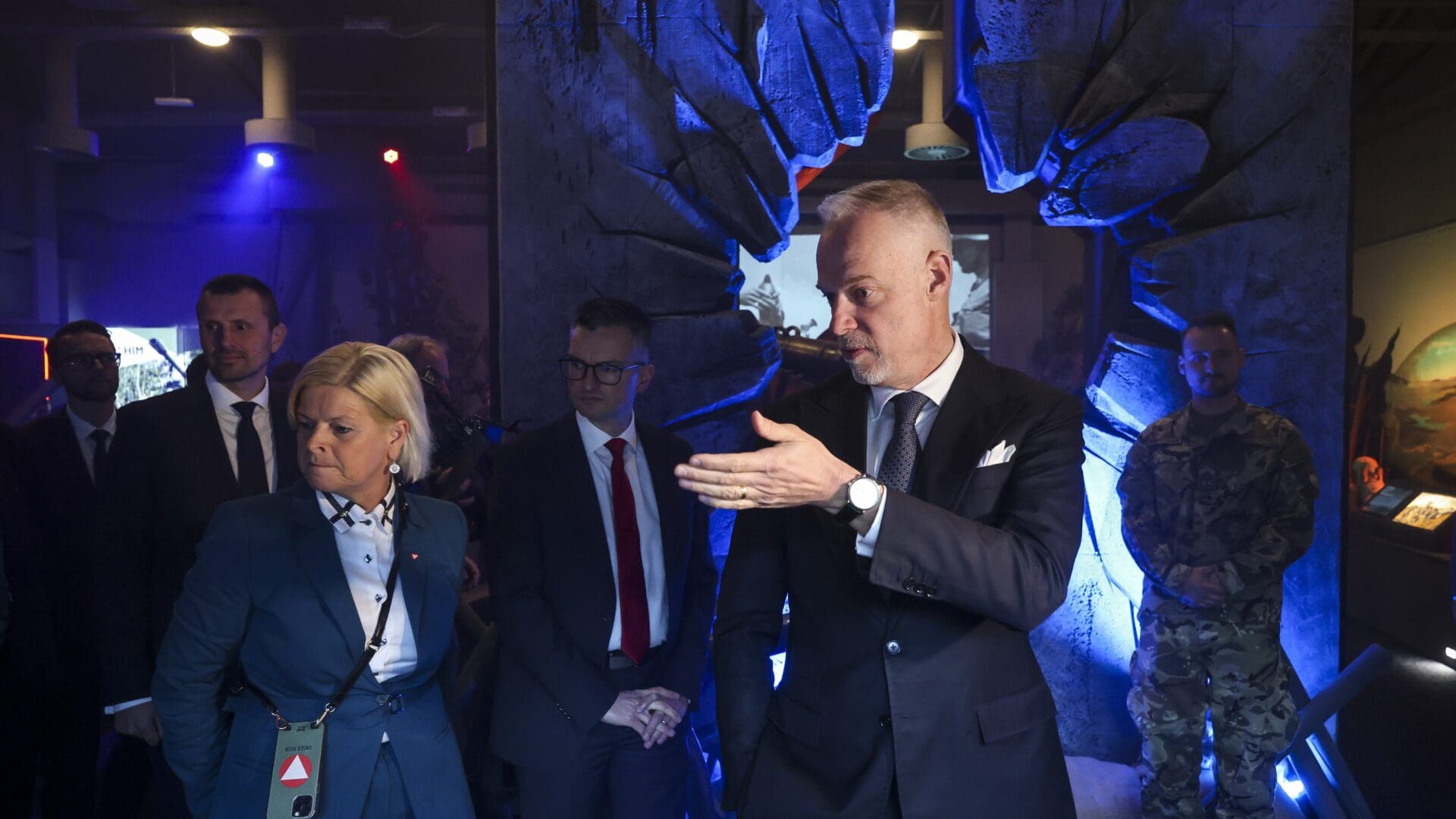
Defence Minister Kristóf Szalay-Bobrovniczky stressed Hungary’s interest in maintaining dialogue and preserving the CEE region’s historically influential role. He noted the necessity of Central Europe’s voice and opinion to be heard, especially now.
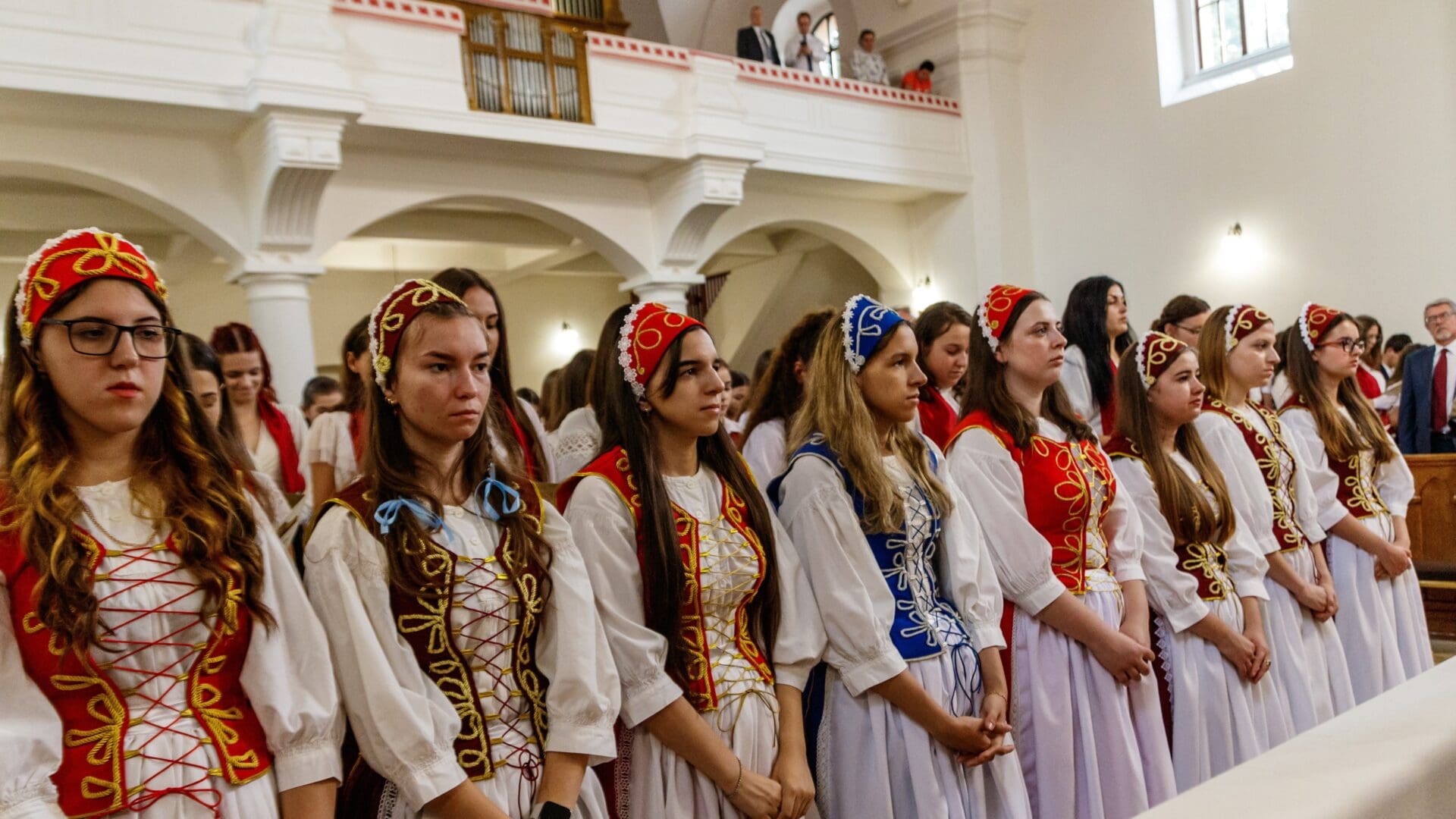
‘For our children, the mother tongue is a means and an opportunity for fulfilment and self-fulfilment. In the words of György Bessenyei: “Every nation becomes a scholar in its own language, but never in a foreign one.”’ Read Luke Larson’s interview with Hungarian-language school principal Berta Katona-Mironova on the situation of Hungarian-language education in Ukraine.
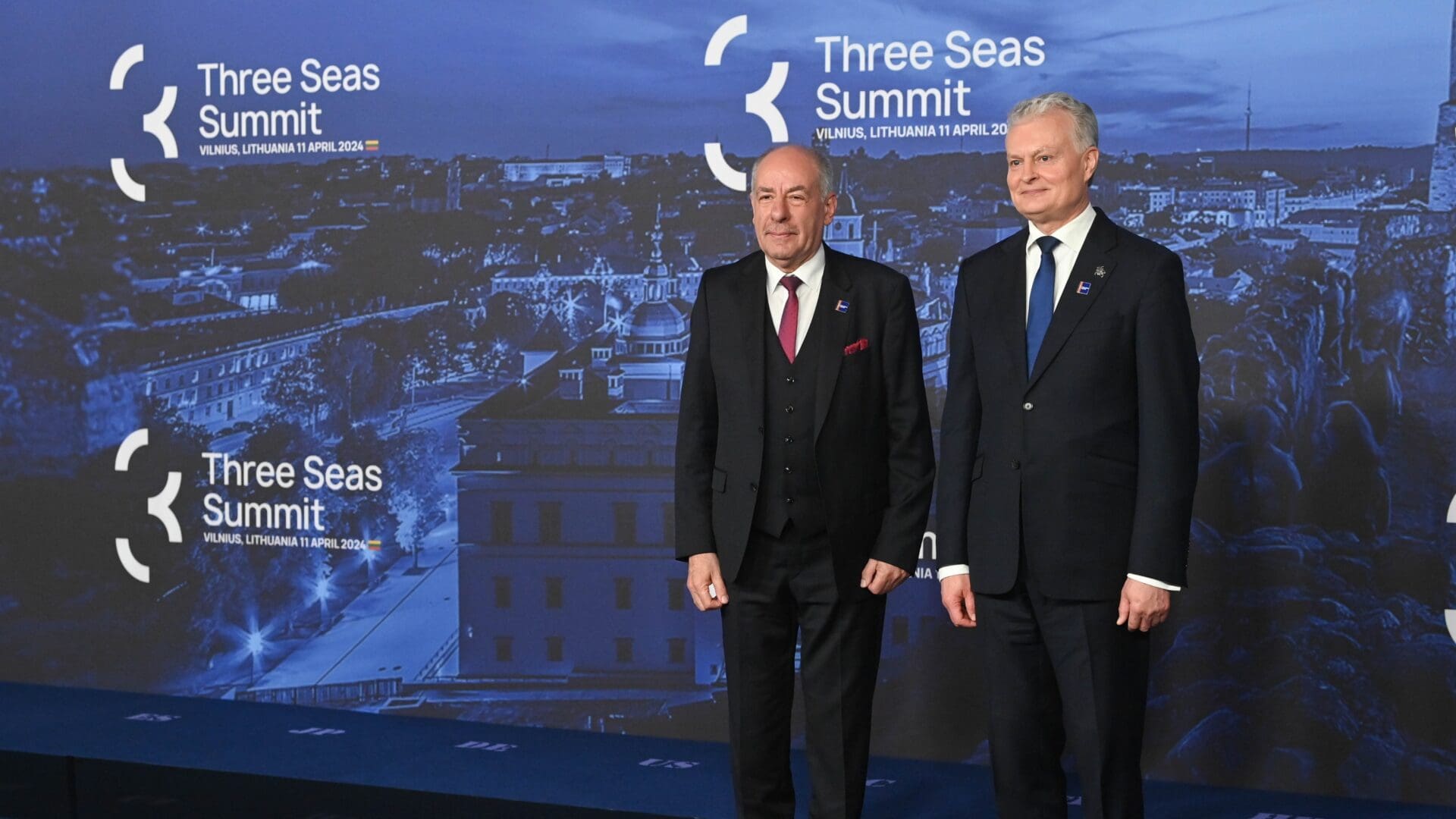
The annual Three Seas Initiative Summit and Business Forum was held with the participation of thirteen countries situated between the Baltic, Black, and Adriatic Seas, including Estonia, Latvia, Lithuania, Poland, the Czech Republic, Slovakia, Hungary, Slovenia, Austria, Croatia, Romania, Greece, and Bulgaria. President of Hungary Tamás Sulyok also participated in several bilateral meetings during the event.

Hungarian Conservative is a quarterly magazine on contemporary political, philosophical and cultural issues from a conservative perspective.